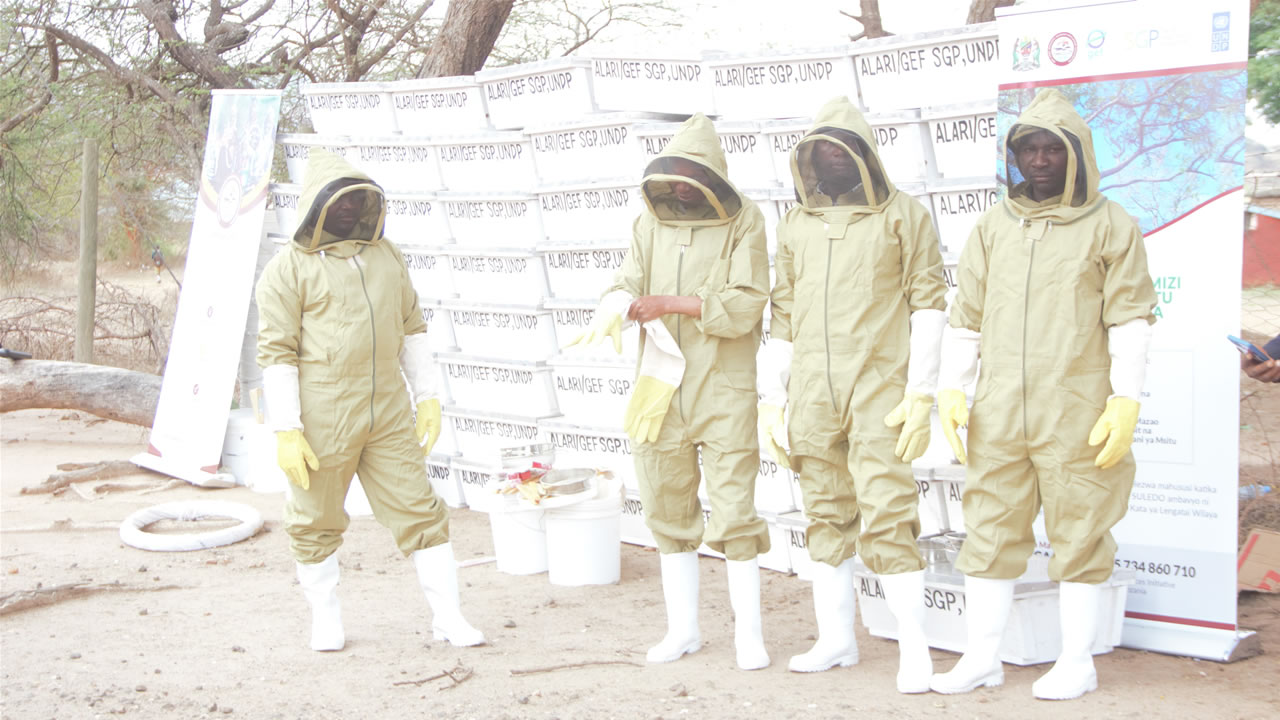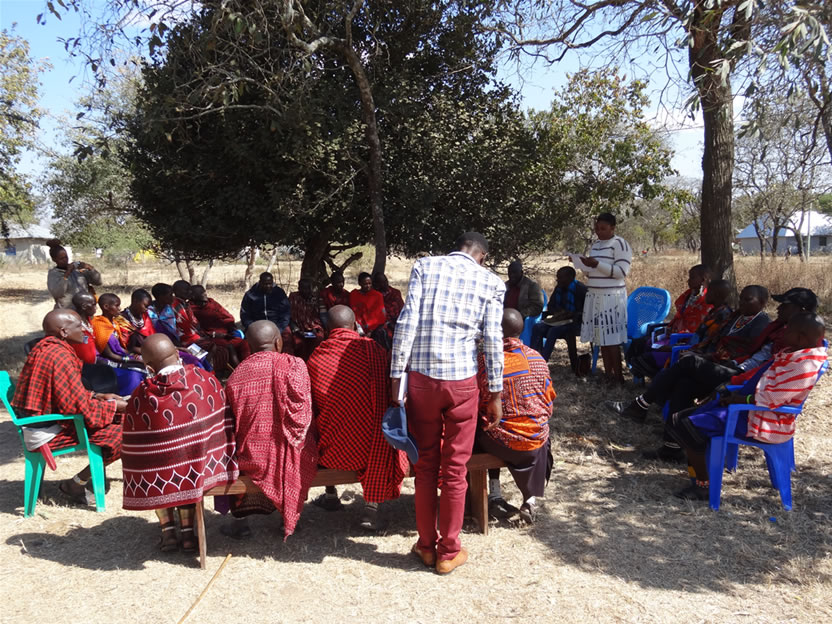
Climatte Change and Environmental Education (CCEE)
1. Operating Context
ALARI target beneficiares in arid and semi- arid areas where environment is harsh, climate, rainfall and vegetation are all variable. Climate change is a realith tha has increased levels of risk and uncertainty. Environmental degradation, crop yield reduction or failure, livestock numbers and productivity; all decreasing; creating regular food insecurity, water shortages and weakening sources of livelihoods.
The primary sources of livelihoods are small scale agriculture and livestock keeping; both of which are very vulnerable to climate change.
Woodfuel and charcol are the most common source of energy; and the source which causes environmental degradation; which in turn exacerbate negative effects on climate change. Poverty levels are dictated by a combination of factors that include: environmental degradation, changing weather patterns, inadequate rainfall and inadequate environmental awareness and climate knowledge. All these factors contribute a circle of poverty.
2. Strategic Objective
The strategic objective of ALARI climate change component is:
to enhance rural people resilience and adaptation to climate change through creation of awareness and knowledge on environment and the reality of climate change.
3. Activities Under Climate Change Component
• To create awareness and knowledge on environmental preservation and conservation
• To raise awareness on climate change and coping with risks as well as uncertainty
• To support target population in livelihood diversification
• To explore with target communities better ways to improve management of natural resources
• To promote use of solar energy
• to promote rain water harvesting
• to train in improved methods of farming, livestock, forest and land management,
• to explore with local communities strategies to enhance mitigation, adaptation and reduce vulnerability to climate change.
4. Strategy
The strategies for enhancing resilience and adaptation to climate change include:
• Participatory training and learning of rural communities
• Introducing methods of pasture and natural resource management
• Promoting appropriate technology in farming and livestock keeping
• restoration of degraded pasture, farms and degraded lands
• identifying indigenous methods for protecting water sources, pastures and forests
5. Outcomes
Expected programme outcomes under the climate change programme include:
• climate change awareness and knowledge that results in skills, motivation and attitude that work to mitigate against vulnerabilities caused by climate change;
• change of mind and heart for local people ro improve or maintain environmental quality and preserve ecological services;
• strengthened resolve of the people address environmental challenges;
• improved skills in soil pasture management
• enhanced resilience to vulnerability
• enhanced ability to manage risks and food insecurity
• rehabilitated pasture and increased re-afforestration
• enhanced capacity to address vulnerability, risks and food insecurity


